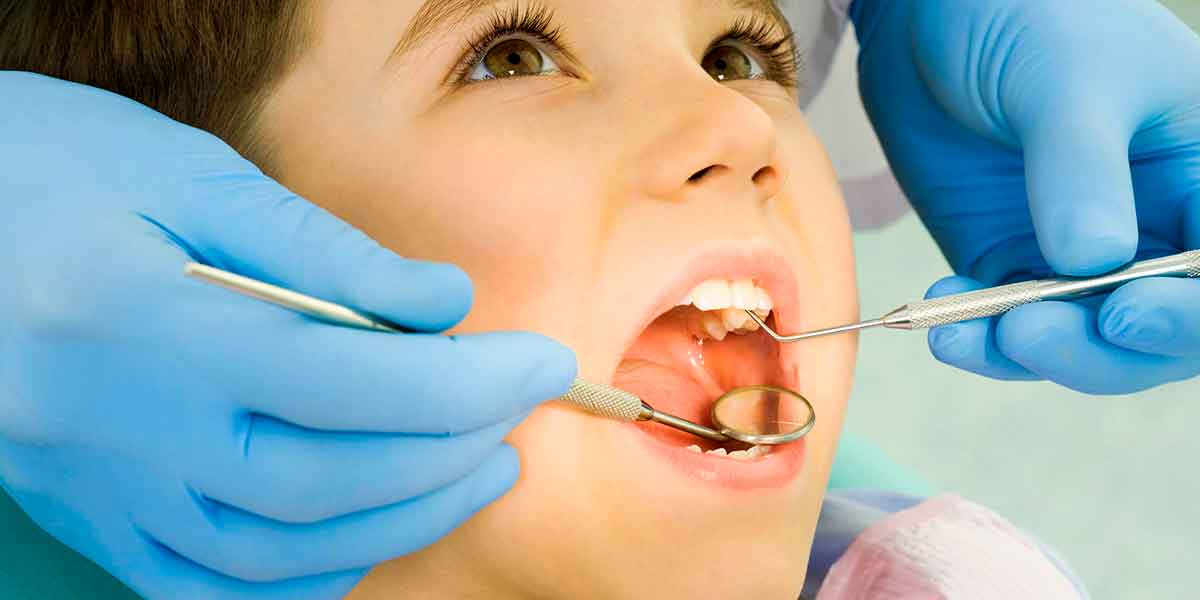Early assessment by an orthodontist is essential for maintaining your child’s dental health and ensuring proper growth. Detecting issues early allows for interventions that can guide the development of the jaw and teeth, resulting in better outcomes. This article aims to address common parental inquiries regarding early orthodontic evaluation, offering crucial insights to help you grasp its significance and advantages.
Importance of Early Orthodontic Evaluation
Timely evaluation enables the early detection of dental issues, which are easier to address during a child’s growth phase. Identifying problems promptly can prevent more severe complications later on, leading to more efficient and less invasive treatments.
Optimal Timing for Evaluation
The American Association of Orthodontists suggests that children undergo their first orthodontic assessment by the age of seven. At this stage, enough permanent teeth have emerged, allowing orthodontists to identify potential jaw and tooth alignment issues.
Benefits of Early Detection
Early identification of orthodontic issues offers several benefits:
- Prevents the progression of serious dental problems
- Guides jaw growth to accommodate emerging teeth
- Reduces the necessity for extensive treatments in the future
- Enhances the overall function and aesthetics of the teeth and jaw
Common Issues Identified During Early Orthodontic Evaluation
During an initial assessment, the orthodontist will look for various issues that could impact your child’s dental health, such as misaligned teeth, jaw growth problems, early or late loss of baby teeth, and habits affecting dental development.
Procedures During an Early Orthodontic Evaluation
The evaluation involves a comprehensive examination of your child’s dental and facial development, including an initial examination, diagnostic imaging, and a discussion of findings and recommendations.
Treatment Options for Early Orthodontic Issues
If issues are detected, the orthodontist may recommend treatments like space maintainers, expansion devices, braces or aligners, and habit appliances tailored to your child’s needs.
Long-Term Benefits of Early Orthodontic Treatment
Early intervention can lead to significant long-term benefits, including improved oral health, enhanced aesthetics and self-esteem, better functionality, and a reduced need for future treatments.
In Conclusion
Early orthodontic evaluation plays a crucial role in safeguarding your child’s dental health and development. Detecting potential issues early can prevent complications and lay the groundwork for a healthy, attractive smile. If your child is nearing seven years of age or if you have concerns about their dental development, consider scheduling an early orthodontic evaluation with a qualified professional to positively impact their oral health and overall well-being.




